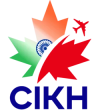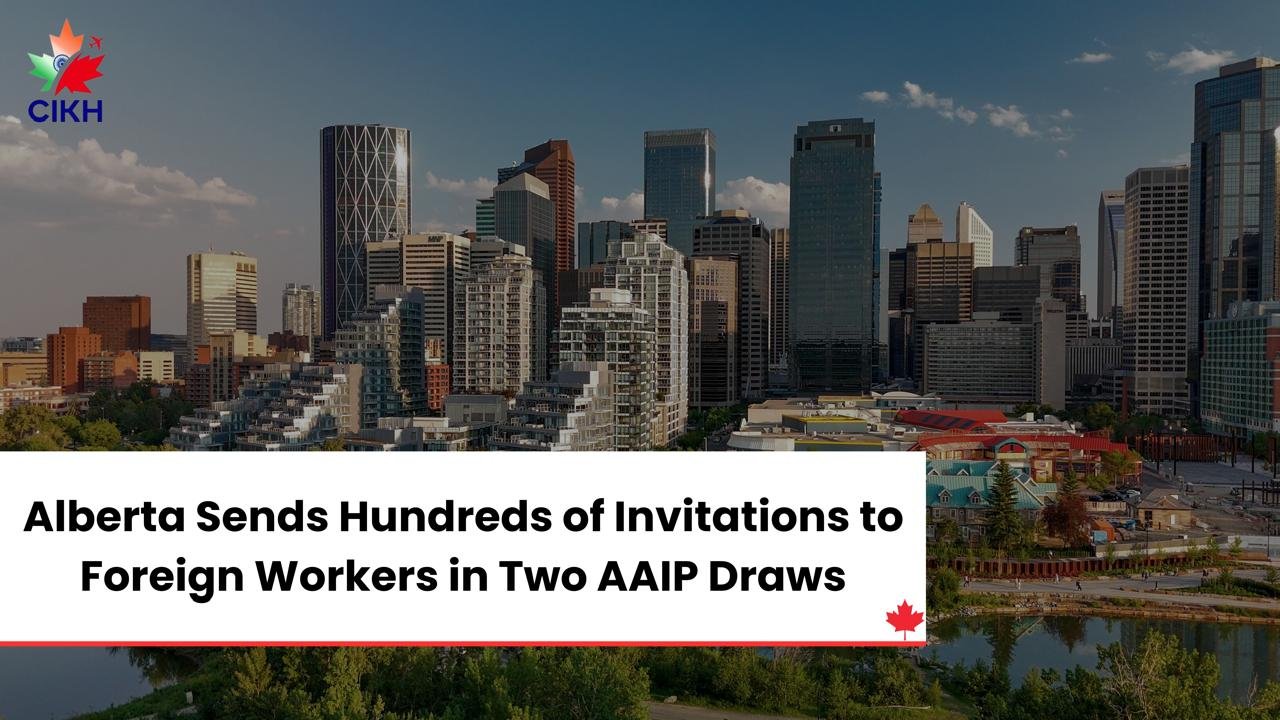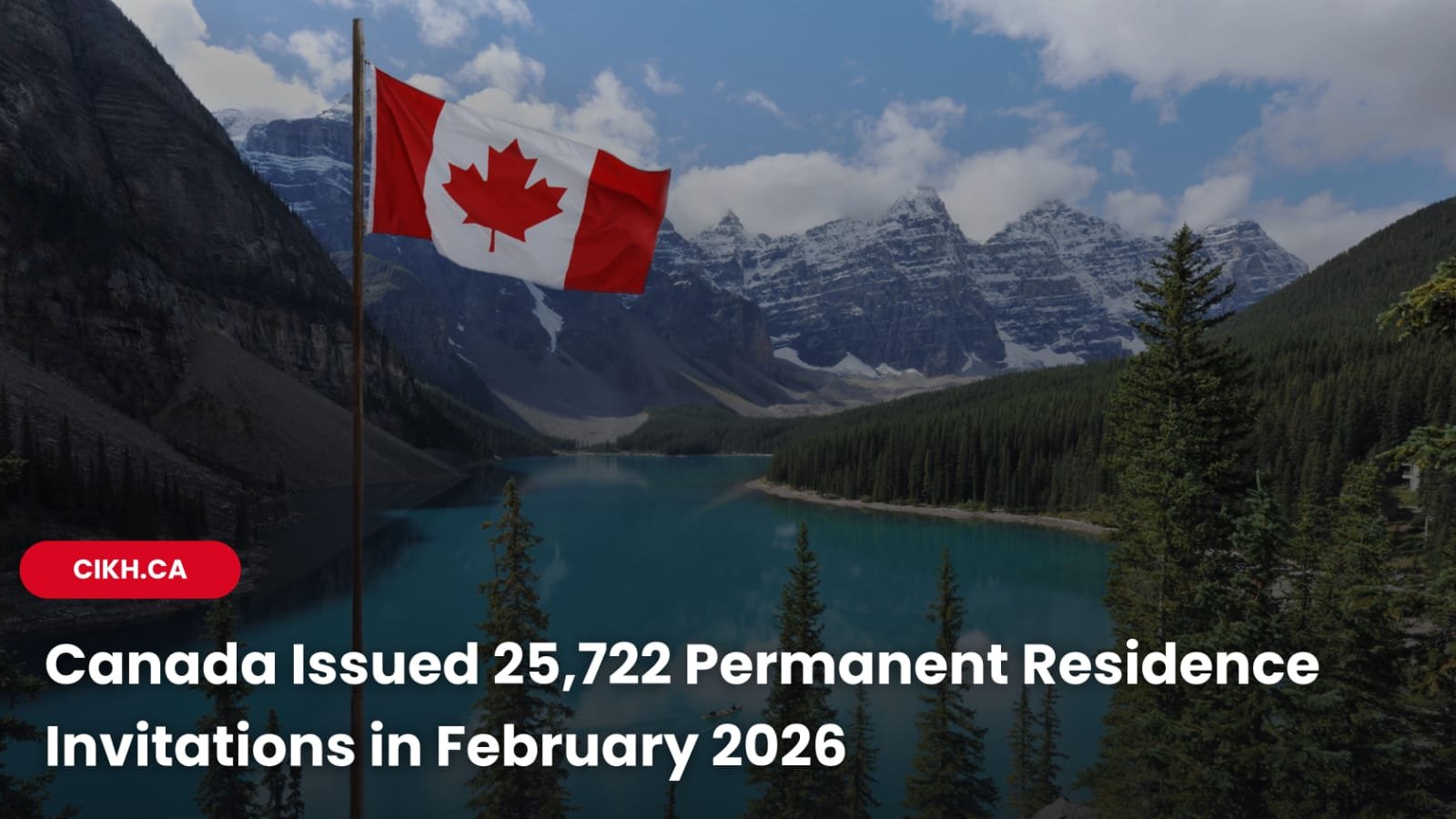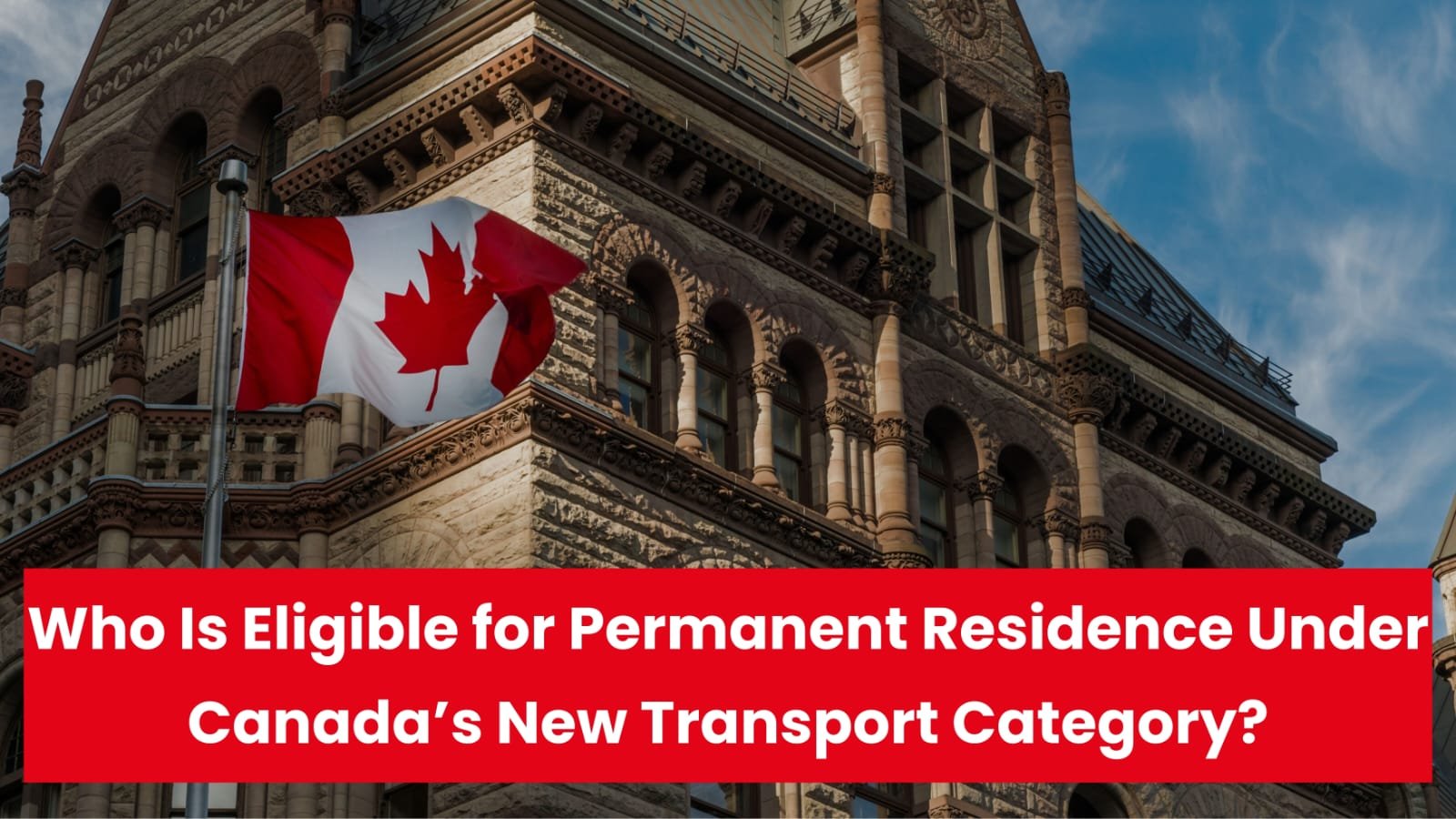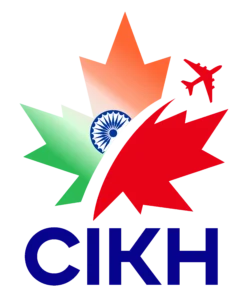Certain work permit holders in Canada can continue their studies without obtaining a study permit.
On December 6, Immigration, Refugees, and Citizenship Canada (IRCC) updated its guidelines to confirm that individuals who applied for a work permit before June 7, 2023, are allowed to study without needing a separate license.
This measure extends the temporary policy introduced in 2023, which will remain in effect until June 27, 2026.
Can I study in Canada without a study permit?
To qualify for a study permit exemption as a work permit holder under this policy, you must meet one of the following conditions:
- Hold a valid work permit that you applied for on or before June 7, 2023 (IRCC must have received your application by this date).
- Have applied to extend your work permit on or before June 7, 2023, and received a work authorization* from IRCC while your extension is being processed.
If you applied for a work permit after June 7, 2023, you are not eligible under this policy.
*IRCC issues work authorizations to certain individuals while their applications are under review. These letters allow the holder to work in Canada while waiting for a decision on their application.
If you applied for an extension before your current work permit expired, you may continue working under-maintained status while waiting for IRCC’s decision.
For those holding both a valid study permit and a co-op work permit that aligns with the above conditions, you may be eligible to take additional study programs under this policy if:
- You adhere to the terms of your current study permit.
- You continue your main study program.
- The additional study program does not exceed the duration of your current co-op work permit.
How long can work permit holders study in Canada without needing a study permit?
If you qualify for the study permit exemption under this temporary public policy, you can study in Canada without a study permit until one of the following occurs:
- Your current work permit expires.
- Your work permit renewal application is refused or expires.
- The temporary policy ends on June 27, 2026.
How do I prove study permit exemption to my school?
As a work permit holder or applicant for a work permit extension, you can provide one of the following documents to your Designated Learning Institution (DLI) to prove your study permit exemption:
- A valid work permit.
- An Acknowledgment of Receipt (AOR) from IRCC for your online work permit extension application.
- A work authorization letter issued by IRCC after applying for a work permit extension.
- An email from IRCC confirming your eligibility under the public policy that allows certain work permit holders to study without a study permit.
The advantages of pursuing further education in Canada
Continuing your education in Canada as a newcomer offers numerous economic and immigration advantages.
According to research by Statistics Canada, newcomers who gain Canadian study experience before obtaining permanent residence (PR) have a significantly better performance in the Canadian job market compared to those without this experience.
The study, titled “International students as a source of labour supply,” shows that in the first 1-2 years after receiving PR, individuals who graduated from Canadian institutions earned 27% more than those who studied abroad.
These benefits continue long-term. Ten to eleven years after arriving in Canada, newcomers with at least one year of pre-landing work experience earned 9-12% more than those without, even after considering pre-landing work experience.
Furthering your education in Canada can also improve your chances of qualifying for PR.
In immigration programs like Express Entry, the Comprehensive Ranking System (CRS) awards points based on human capital factors, including education. Higher education levels result in more CRS points, increasing the chances of receiving an invitation to apply for PR.
If you do not have an accompanying spouse or partner, you can earn up to 150 CRS points, and up to 140 points if you do have a spouse or partner.
| Level of Education | Points awarded with a spouse or common-law partner (Maximum 140 points) | Points awarded without a spouse or common-law partner (Maximum 150 points) |
|---|---|---|
| Less than secondary school (high school) | 0 | 0 |
| Secondary diploma (high school graduation) | 28 | 30 |
| One-year degree, diploma or certificate from a university, college, trade or technical school, or other institute | 84 | 90 |
| Two-year program at a university, college, trade or technical school, or other institute | 91 | 98 |
| Bachelor’s degree OR a three or more year program at a university, college, trade or technical school, or other institute | 112 | 120 |
| Two or more certificates, diplomas, or degrees. One must be for a program of three or more years | 119 | 128 |
| Master’s degree, OR professional degree needed to practice in a licensed profession (For “professional degree,” the degree program must have been in: medicine, veterinary medicine, dentistry, optometry, law, chiropractic medicine, or pharmacy.) | 126 | 135 |
| Doctoral level university degree (Ph.D.) | 140 | 150 |
Additionally, the CRS offers:
- Up to 50 extra points for individuals with Canadian work experience and a post-secondary degree.
- Up to 50 additional points for those with strong proficiency in Canada’s official languages and a post-secondary degree.
- Up to 30 more points for completing post-secondary education in Canada:
- 15 points for a Canadian post-secondary credential of one to two years.
- 30 points for a Canadian post-secondary credential of three years or more.
Beyond boosting your CRS score, pursuing education in Canada can also make you eligible for provincial immigration pathways that are specifically aimed at international graduates from those provinces.
Many of these provincial programs also provide points for work experience and arranged employment within the province.
Some examples of these programs include:
| Provincial pathway | Provincial pathway |
|---|---|
| Employer Job Offer: International Student stream | Ontario |
| Master’s Graduate stream | Ontario |
| PhD Graduate stream | Ontario |
| International Graduate stream | British Columbia |
| International Post-Graduate stream | British Columbia |
| Graduate Entrepreneur stream | Alberta |
| International Education Stream | Manitoba |
| International GraduateEntrepreneur stream | Nova Scotia |
| International Graduates in Demand stream | Nova Scotia |
| New Brunswick Student Connection | New Brunswick |
